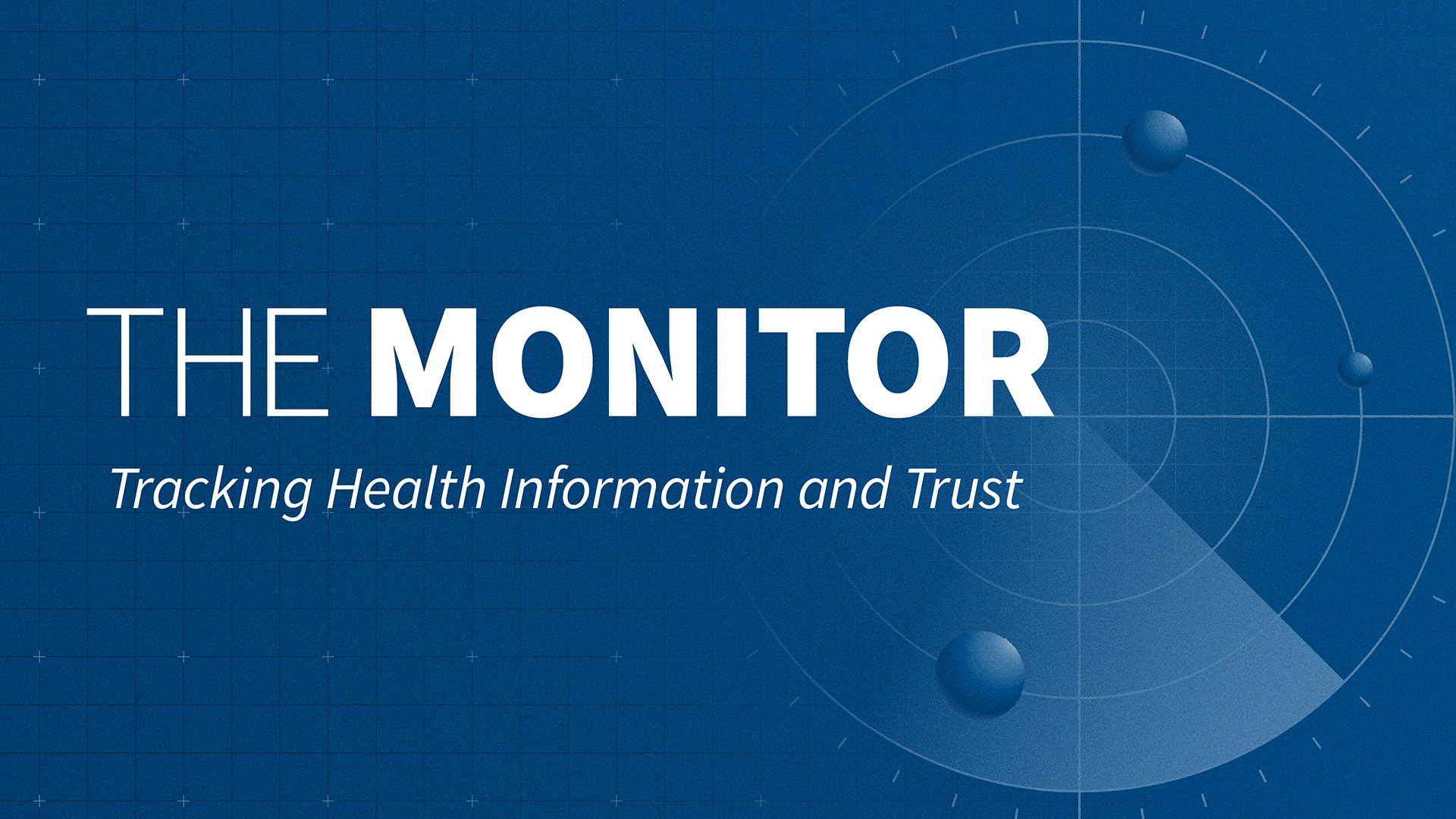New KFF Poll Finds Trust in CDC Remains at Low Point Amid Falling Trust Among Democrats – These Findings and Others Included in New Polling Dashboard – The Monitor
KFF’s latest Health Information and Trust Tracking Poll shows trust in the CDC for vaccine information is at its lowest point since the pandemic began. Findings are available on KFF’s new polling dashboard. New evidence also finds no link between prenatal acetaminophen use and autism, though confusion may persist as officials question the drug’s safety.
